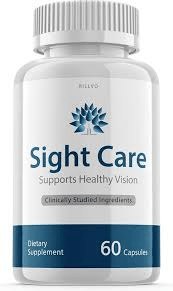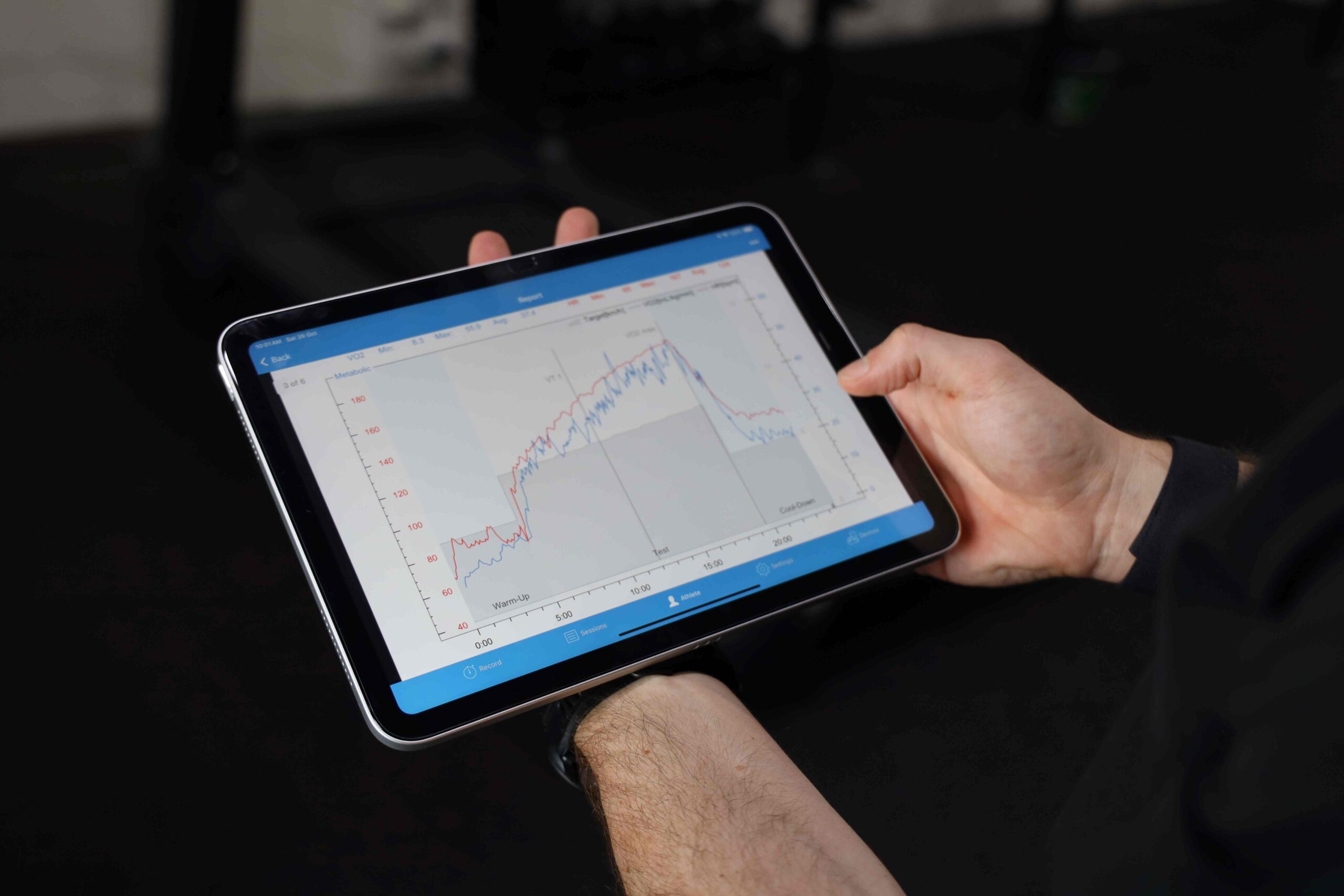Glaucoma is a serious eye condition that can lead to irreversible vision loss if not managed properly. With millions of people worldwide affected, early detection and consistent eye care are crucial in slowing its progression. Products like Sightcare can play a role in supporting eye health by providing essential nutrients. However, in addition to supplementation, a proactive approach involving lifestyle changes, proper medication adherence, and regular checkups is necessary to maintain optimal vision.
Understanding Glaucoma
Glaucoma is a group of eye diseases that cause damage to the optic nerve, often due to high intraocular pressure (IOP). The most common type, open-angle glaucoma, develops gradually without noticeable symptoms until significant vision loss occurs. Other types, such as angle-closure glaucoma, can manifest suddenly with severe symptoms like eye pain, nausea, and vision disturbances.
Tips for Managing Glaucoma
1. Regular Eye Examinations
Routine eye exams are the most effective way to detect glaucoma in its early stages. Since glaucoma can progress silently, an annual checkup with an ophthalmologist is essential, especially for those at higher risk, such as individuals over 40, those with a family history, and people with conditions like diabetes or high blood pressure.
2. Follow Your Prescribed Treatment Plan
Once diagnosed, managing glaucoma involves strict adherence to prescribed treatments. These may include:
- Eye Drops: The most common first-line treatment, these help lower intraocular pressure by reducing fluid production or improving drainage.
- Oral Medications: In some cases, doctors may prescribe oral medications to reduce IOP.
- Surgical Options: If medications do not effectively control glaucoma, laser therapy or surgery may be necessary to improve fluid drainage from the eye.
3. Maintain a Healthy Diet
A diet rich in antioxidants, vitamins, and minerals is crucial for maintaining eye health and slowing glaucoma progression. Some key nutrients include:
- Vitamin A, C, and E: Found in leafy greens, carrots, citrus fruits, and nuts, these vitamins help protect the optic nerve.
- Omega-3 Fatty Acids: Found in fish, flaxseeds, and walnuts, these promote healthy blood flow to the eyes.
- Zinc and Lutein: Found in eggs, spinach, and other leafy vegetables, these nutrients support retinal health.
4. Exercise Regularly
Moderate physical activity, such as walking, yoga, or swimming, can help lower intraocular pressure. However, high-intensity exercises, like heavy weightlifting or activities that put excessive strain on the eyes, should be approached with caution.
5. Manage Stress Levels
Stress can contribute to increased eye pressure. Practicing stress-reducing activities such as meditation, deep breathing, and engaging in hobbies can help maintain overall well-being and eye health.
6. Stay Hydrated
Drinking enough water is essential for eye health, but excessive fluid intake in a short period can lead to increased eye pressure. Sipping small amounts throughout the day is recommended.
7. Protect Your Eyes
Wearing protective eyewear in bright sunlight, while using electronic devices, or when engaging in sports helps reduce eye strain and potential damage. Blue-light filtering glasses can also minimize digital eye strain caused by prolonged screen exposure.
8. Avoid Smoking and Limit Alcohol
Smoking and excessive alcohol consumption can contribute to oxidative stress and impair blood circulation to the optic nerve, worsening glaucoma symptoms. Quitting smoking and reducing alcohol intake can improve overall eye health.
9. Sleep in the Right Position
Sleeping with your head slightly elevated can help reduce intraocular pressure overnight. Using an extra pillow or an adjustable bed may help with this.
10. Monitor Blood Pressure and Diabetes
Since high blood pressure and diabetes are risk factors for glaucoma, maintaining healthy levels through diet, exercise, and medication can contribute to better eye health.
Additional Considerations for Glaucoma Management
Importance of Family History Awareness
If you have a family history of glaucoma, you may be at a higher risk of developing the condition. Informing your healthcare provider about any family history can help guide screening recommendations and early preventive measures.
Role of Supplements in Eye Health
In addition to a healthy diet, supplements like Sightcare can support eye health by providing essential nutrients that may be lacking in daily meals. Before starting any supplement regimen, it’s best to consult with an eye specialist to ensure it complements your treatment plan.
Recognizing Symptoms of Glaucoma Progression
While early-stage glaucoma may not present symptoms, worsening conditions may lead to increased difficulty seeing in dim light, eye discomfort, or frequent headaches. Noticing changes in vision and seeking medical attention promptly can help prevent further deterioration.
Conclusion
Glaucoma management requires a comprehensive approach that includes medical treatment, lifestyle adjustments, and regular monitoring. By incorporating these strategies into your daily routine and using supplements like Sightcare as part of a holistic approach, you can help protect your vision and improve overall eye health. Prioritizing proactive eye care is the best way to maintain clear and healthy vision for years to come. Stay informed, stay vigilant, and take control of your eye health to enjoy a lifetime of better vision.



